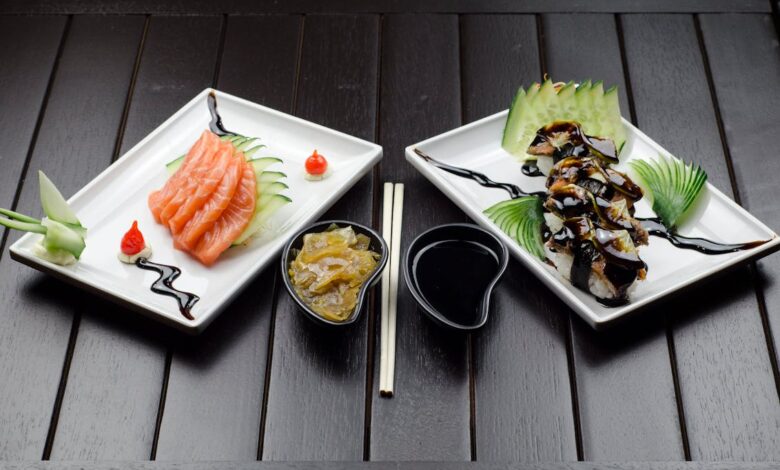Understanding BPA-Free Water Bottles: A Detailed Overview

Introduction:
In recent years, there has been a growing concern over the potential health risks associated with Bisphenol A (BPA), a chemical compound found in various plastics, including some water bottles. As a result, the demand for BPA-free alternatives has surged, leading to the production and promotion of BPA-free water bottles. In this article, we’ll delve into what BPA is, why it’s a concern, and the significance of opting for BPA-free water bottles.
What is BPA?
BPA, or Bisphenol A, is a synthetic compound used primarily in the production of polycarbonate plastics and epoxy resins. These materials are commonly found in food and beverage containers, water bottles, baby bottles, and the lining of metal cans. BPA has been in commercial use since the 1950s due to its durability and heat-resistance properties.
Health Concerns Associated with BPA:
Research has shown that BPA can leach into food and beverages, particularly when containers are exposed to heat or acidic conditions. Once ingested, BPA can mimic the hormone estrogen in the body, potentially disrupting the endocrine system. This has raised concerns about its possible links to various health issues, including:
Hormonal Disruption:
BPA can interfere with the body’s hormonal balance, potentially leading to reproductive abnormalities, hormone-related cancers, and developmental disorders in fetuses and young children.
Cardiovascular Problems:
Some studies have suggested a correlation between BPA exposure and an increased risk of heart disease, hypertension, and other cardiovascular issues.
Neurological Effects:
There is evidence to suggest that BPA exposure may impact brain development and function, potentially contributing to behavioral disorders and cognitive impairments.
The Rise of BPA-Free Alternatives:
In response to growing concerns about the health risks associated with BPA, many consumers have turned to BPA-free alternatives, particularly in their choice of water bottles. BPA-free water bottles are typically made from alternative materials that do not contain BPA, such as:
High-Quality Plastics:
Some water bottle manufacturers have developed new types of plastics that do not contain BPA, such as Tritan, which offers similar durability and clarity to traditional polycarbonate plastics without the associated health risks.
Stainless Steel:
Stainless steel water bottles have become increasingly popular due to their durability, non-reactivity, and ability to keep beverages hot or cold for extended periods.
Glass:
Glass water bottles are another BPA-free option, offering a non-toxic and environmentally friendly alternative to plastic. However, they may be more prone to breakage and are typically heavier than plastic or stainless steel bottles.
Benefits of Using BPA-Free Water Bottles:
Opting for BPA-free water bottles offers several potential benefits, including:
Reduced Health Risks:
By eliminating exposure to BPA, consumers can reduce their risk of potential
health issues associated with hormonal disruption and other adverse effects.
Environmental Considerations:
BPA-free water bottles made from materials such as stainless steel or glass are often more durable and reusable, reducing the need for single-use plastic bottles and minimizing environmental impact.
Improved Taste and Odor:
Some users report that BPA-free water bottles offer a cleaner and fresher taste compared to bottles made from plastics containing BPA.
Conclusion:
The shift towards BPA-free water bottles reflects a growing awareness of the potential health risks associated with BPA exposure. By choosing BPA-free alternatives made from materials such as Tritan, stainless steel, or glass, consumers can enjoy the convenience of reusable water bottles without compromising their health or the environment. As research into the effects of BPA continues and awareness grows, the demand for safer, more sustainable alternatives is likely to continue to rise.
